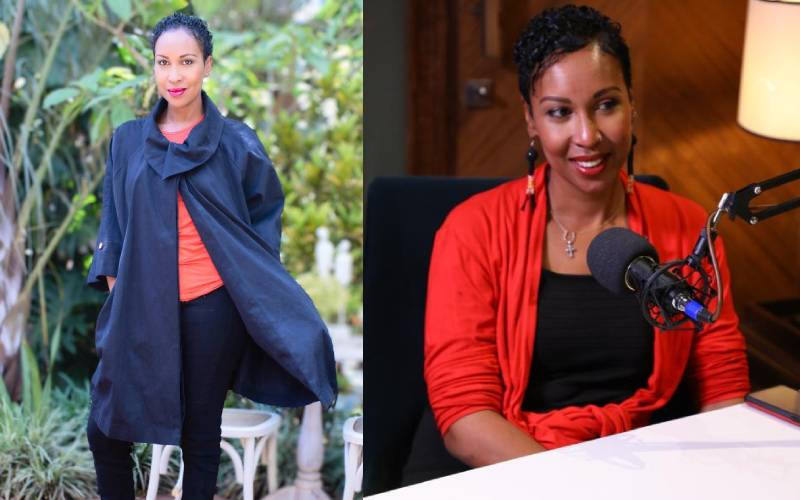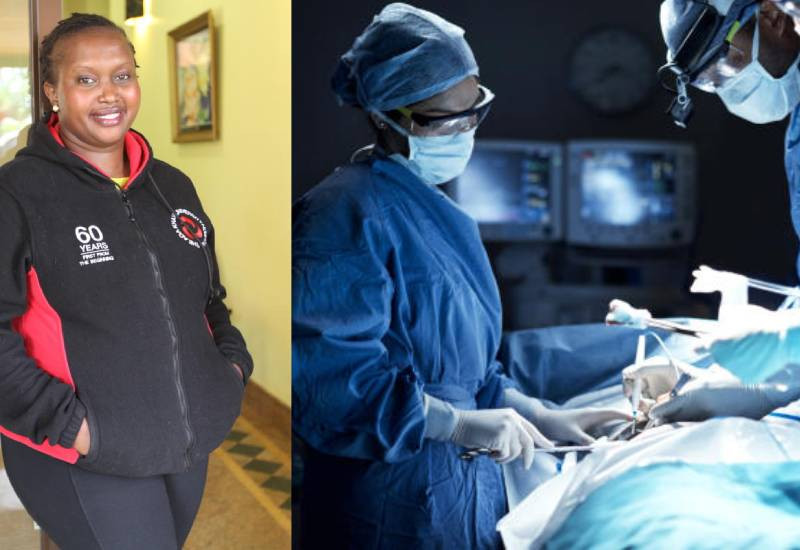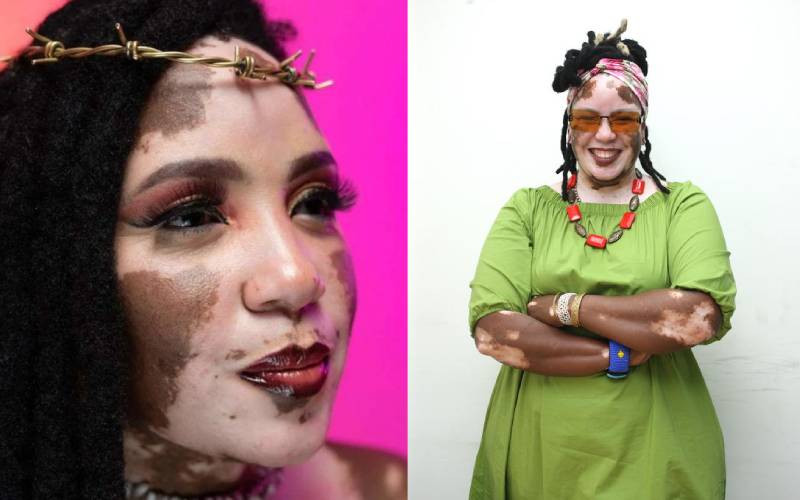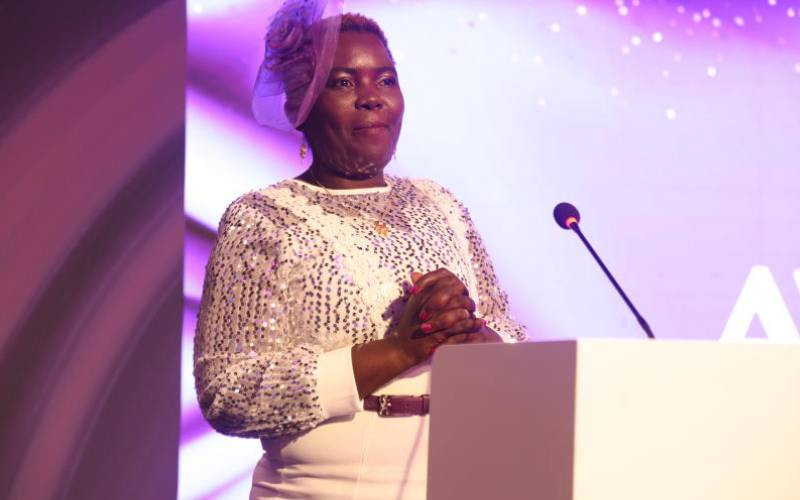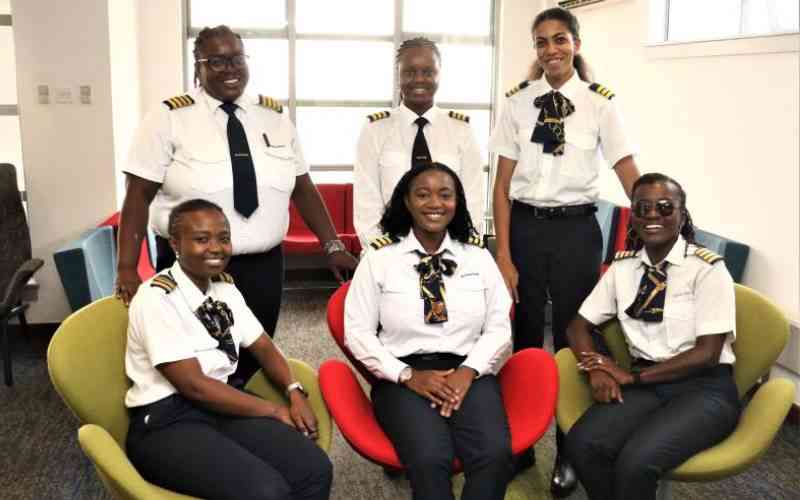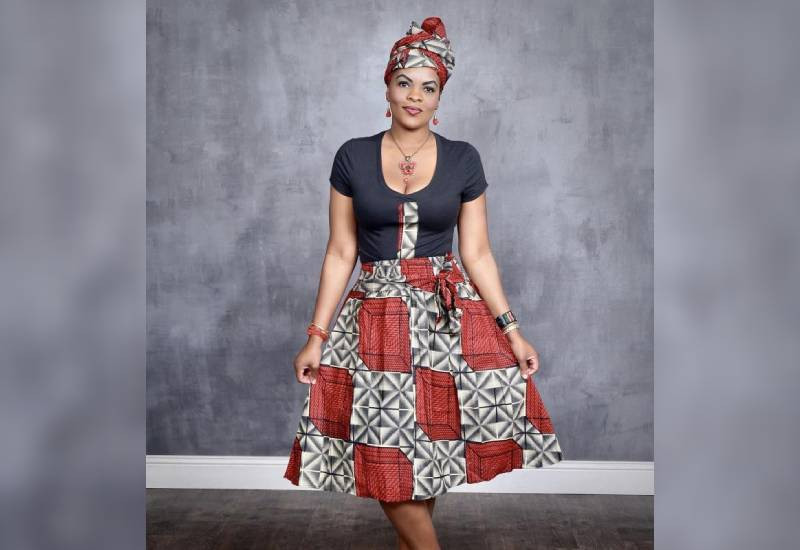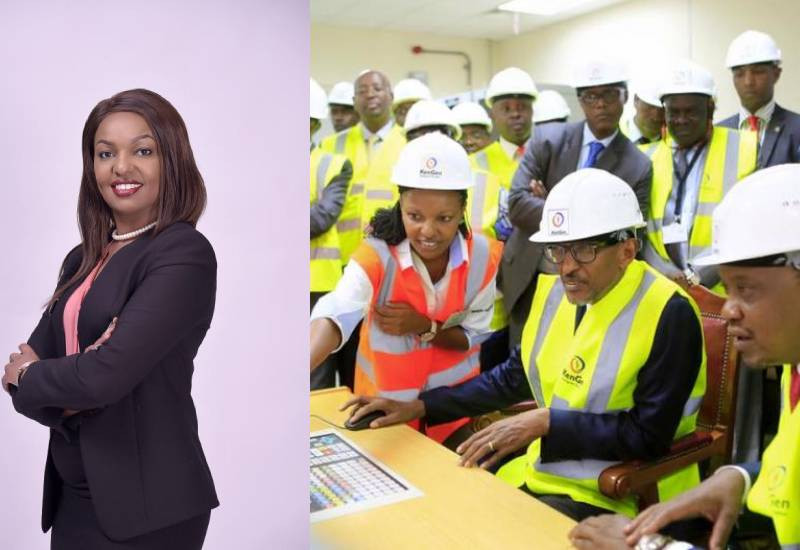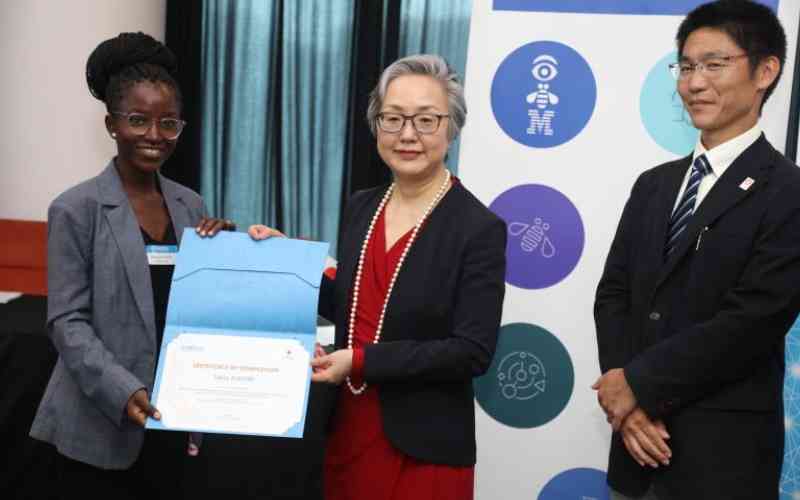
Maureen Gathoni woke up one day and knew she couldn’t survive another month in employment.
She was a wife and a new mother, but was spending most nights working late hours as a graphics designer. Five years ago, Maureen, then 31, decided to choose taking care of her family over full-time employment.
What seemed like a risky and perhaps rash decision at the time has now built her a public relations and advertising company, Fresh Eye Entertainment.
What, exactly, is a PR company?
In a nutshell, we’re the bridge between our client, their product or service, and the customer. Sometimes that bridge is about ensuring our client’s product is the preferred choice for consumers, sometimes it’s about building the desired image and perception of our client to the public. While advertising is specific – this is the product, these are the benefits, these are the reasons you should use it; PR is the complete package, it doesn’t just touch on what the client offers, but who the client is.
How did you come into the industry?
It was 2012, just before the elections, and I was working at a media house, so obviously the hours were ridiculous and the pace was manic. I would have managed it, but I had just given birth to my second child and I felt I was missing out completely on motherhood.
One day, I told my husband I just couldn’t do it anymore; I couldn’t leave the house when my babies were asleep and come back when they were asleep. I needed to be a mother.
Many women face this dilemma. How difficult was it to make the decision to quit?
Very difficult, mostly because of the uncertainty of not having a salary. My husband was a chief news director, so I knew we would survive financially, but I felt pain at the prospect of giving up a career I had built for more than 10 years. I knew in order for me to truly be happy, I needed to find a balance between that and being a mum.
How does a graphic designer become the owner of a PR and advertising company?
My intention was never to own a PR company. My intention was to keep doing graphic design for clients on contract basis. I had a network from my 10 years of experience, so the jobs flowed in. Then a strange thing started happening; clients would ask for other things they needed, like colour grading or printing. I had no idea how to accomplish some of these things, but I never said no. I took all the jobs.
Your speciality was graphic design. How did you handle the other requirements?
Research. If it was something I could learn, I would do it myself. If not, I would outsource. Either way, I made sure I kept all my clients by providing whatever they needed within my field.
What was your moment of definition, when you knew the kind of company you wanted to build?
There was a day a client asked if I could shoot a commercial for them. I won’t lie, I was intimidated at the prospect. But I had worked at a media house for 10 years, I knew the basics of production. On top of that, my husband was a news director with a wealth of knowledge on live shoots. I thought if I say yes to this commercial, then I need a proper outfit, not a part-time work-from-home setup. Two years after I quit my job, I registered my company and decided to give it my complete attention.
What steps did you take to move from a part-time home business to a fully-fledged business?
The most important thing was to buy equipment, like cameras and editing software. This cost about Sh200,000. I then continued working from home.
What about employees?
I’ve never had any permanent staff members. We work based on contracts. When we get a job, I hire people for that specific job. I use the same crew as much as possible because we have a working relationship, but they are all freelance. Our overheads remain low, which means we can offer competitive rates.
Speaking of competition, there are a number of established PR companies out there, how do you deal with that?
It’s a challenge, especially at the beginning when we didn’t have a portfolio. Then I realised there are many small and medium-sized companies that want representation but can’t afford the rates the big companies charge. We changed our focus to target these SMEs.
The beauty of this strategy is, no matter the size of the job, we continue to build our portfolio, which helps us get bigger clients. It’s a win-win situation.
Who are some of your biggest clients?
We have Pampers, we do a lot of post-production for them, we have done some work for SportPesa, a betting company, and Wadi Degla, which is a company that has a chain of sports clubs around the world. We have also done work for Bhubesi Pride, a UK-based NGO that uses rugby to motivate the youth, and run some promotions for KTN.
What would you say is the recipe for your success?
Find something you love to do that will consistently challenge you; that’s what I’ve done. Even now I get calls for things I have no idea how to accomplish, and then I learn. I am never bored and I will never ‘get there’. That’s the secret.
You quit your job to spend more time with your family, yet owning a business can be more time consuming than a 9-5 job. How do you manage a balance?
It’s a concerted effort. I have what I call my ‘sacred hours’. Unless I am on set shooting something, I make sure I’m home and available between 4pm and 9pm. This is when the kids arrive from school, do homework, shower, play, have dinner. I make time for that. I also get up every school morning at 5:30 and prepare them for school.
What are some of the challenges you’ve faced as a woman in your field?
I think it’s accepting the world I live in, knowing when to fight the system and when to go with the flow. I’ve had to carry a man along to a pitch simply because everyone else pitching was wearing a suit and tie, and I knew my chances would be slim as a one-woman show. I haven’t liked it, but sometimes I look at the bigger picture and give in.
I’ve had to make sure I outclassed my competition, not by a small margin but by a mile so that the client would have no choice but to pick me.
Do you find it discouraging?
I don’t dwell on it, what good would it do me? I only need to get that job once to prove myself. And then I fight again the next day and the next.
Do you think there is a role that women can play to improve equality in the workplace?
Yes. We need to support each other. I was blessed to find a network of women called Mitreeki East Africa, which is an affiliate of an international organisation, SheTrades.
Their aim is to bring together female entrepreneurs from around the globe so we can benefit from our collective knowledge and experiences, and open international markets.
This group has been invaluable to my success. I encourage all female entrepreneurs to look them up, or any other group supporting women in business. We can only grow stronger together.
 The Standard Group Plc is a multi-media organization with investments in media platforms spanning newspaper print
operations, television, radio broadcasting, digital and online services. The Standard Group is recognized as a
leading multi-media house in Kenya with a key influence in matters of national and international interest.
The Standard Group Plc is a multi-media organization with investments in media platforms spanning newspaper print
operations, television, radio broadcasting, digital and online services. The Standard Group is recognized as a
leading multi-media house in Kenya with a key influence in matters of national and international interest.

